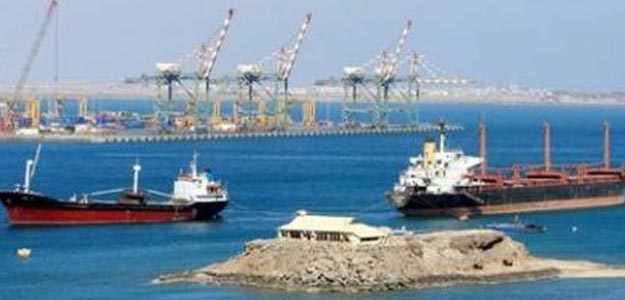Port users are voicing concerns over shipping companies operating at Karachi port charging congestion surcharge despite normal traffic flow, media sources have reported.
Nisar Chandna, former president of the Karachi Chamber of Commerce and Industry, stated on Friday that shipping companies charged $300 for a 40-foot container and $150 for a 20-foot container as port congestion surcharge.
Naseem Ashkar, former senior vice-president of the Karachi Customs Agents Association, argued that shipping lines should claim congestion charges from the port rather than the importers who should only pay the cost and freight charges.
Chandna stated that congestion was only noticed at Karachi International Container Terminal in November and December due to malfunctioning of equipment, and at the Pakistan International Container Terminal in the wake of Pakistan-Afghan border being sealed. However, currently, there is no apparent congestion, he stated.
He further lamented that the imposed surcharge is being used as an excuse to hike up freight charges. If shipping lines need to increase freight charges they should be done through negotiations with the trade bodies, he added.
During the week, Karachi chamber and Karachi Port Trust (KPT) summoned separate meetings involving all stakeholders, including local representative bodies of shipping lines.
In a meeting held on Wednesday, KPT officials stated that currently there was no congestion at the port’s terminal and if in the future if such a situation arises; KPT would provide extra space to them. However, shipping agents informed that they would report the issue to their respective companies who would then take a decision on the impending problem.
The Pakistan Ship Agents Association, a representative body of shipping lines, was not present at the meeting nor could the chairman of the association Asim Siddiqui be reached for comments.
In another meeting held on Saturday, Federation of Pakistan Chambers of Commerce and Industry (FPCCI) assured that the issue would be resolved amicably.
























